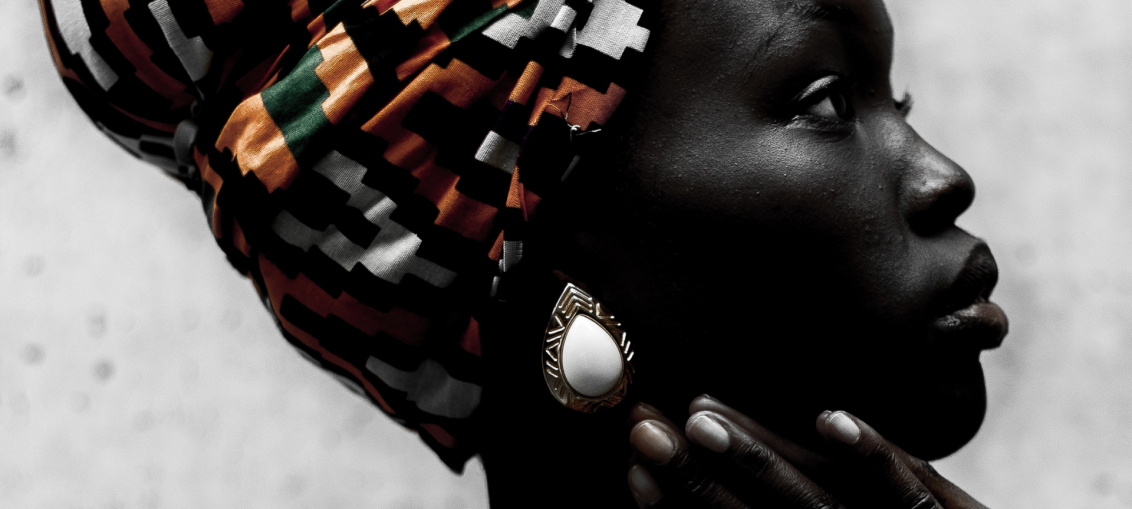
Black History does not start with slavery in America and neither should our history books or lessons. It’s Black History Month and the need to teach our children about the contributions Black Americans have made to American history is vital to moving forward as a more united nation. Black history is American history; it is not a separate entity that should be relegated to one month of the year. Here are a few resources for helping kids to see history from a more unified and multicultural perspective.
Read Children’s Books by Black Authors
Reading to our kids is one of the greatest gifts we can give them. Introduce them to a variety of authors whose stories have main characters of different backgrounds, races, genders, nationalities and cultures. This can be done all year with a focus on Black authors during Black History Month. MiJa Books is a really great resource to build your multicultural library.
MiJa Books is an online resource of children’s books that focus on multicultural themes. It’s at the forefront of showcasing literature that babies and kids identify with, brilliantly conveyed in stories by a diverse group of authors and illustrators. It’s your one-stop-shop for curated children’s board and picture books that feature children of color as the main characters. Browse through their fantastic multicultural collection that they’ve uncovered and select which of these gems to add to your child’s library. Now parents can easily search for what story their kid will read next and read book reviews of popular titles. From Hair Love to Skin Like Mine, there’s room for every type of story.
Our Picks:
Little Leaders: Bold Women in Black History by Vashti Harrison
Little Legends: Exceptional Men in Black History by Vashti Harrison
Imani’s Moon by Janay Brown-Wood
Brown Boy Joy by Dr. Thomishia Booker
Miami Gets It Straight by Patricia McKissack
Teach Kids About Real American History
American History classes and books present single-perspective narratives. The perspectives of Black Americans, women, indigenous people, immigrants and other marginalized groups are often not considered. Not only is it imperative that we celebrate Black History Month, but that we present American History in a manner that is not whitewashed or downplays America’s foundation of inequality, social injustice, racism, disenfranchisement, and inequity.
Here are a few resources to help you teach your kids non-whitewashed American History:
Lessons from Turtle Island: Native Curriculum in Early Childhood Classrooms
Educate Yourself About Black History
Studying Black History for yourself will equip and inspire you to teach your children. It will give you a firsthand perspective about important historical moments. Here are a few resources that will help you learn more about Black historical events and figures in American History. As your children get older, you can share some of these resources with them. In the meantime, adjust what you’ve learned to make your lessons age-appropriate.
Frederick Douglass: Prophet of Freedom by David W. Blight
I Too Sing America: The Harlem Renaissance at 100 by Wil Haygood
Ghosts in the Schoolyard: Racism and School Closings on Chicago’s South Side by Eve L. Ewing
Photo by Oladimeji Odunsi
